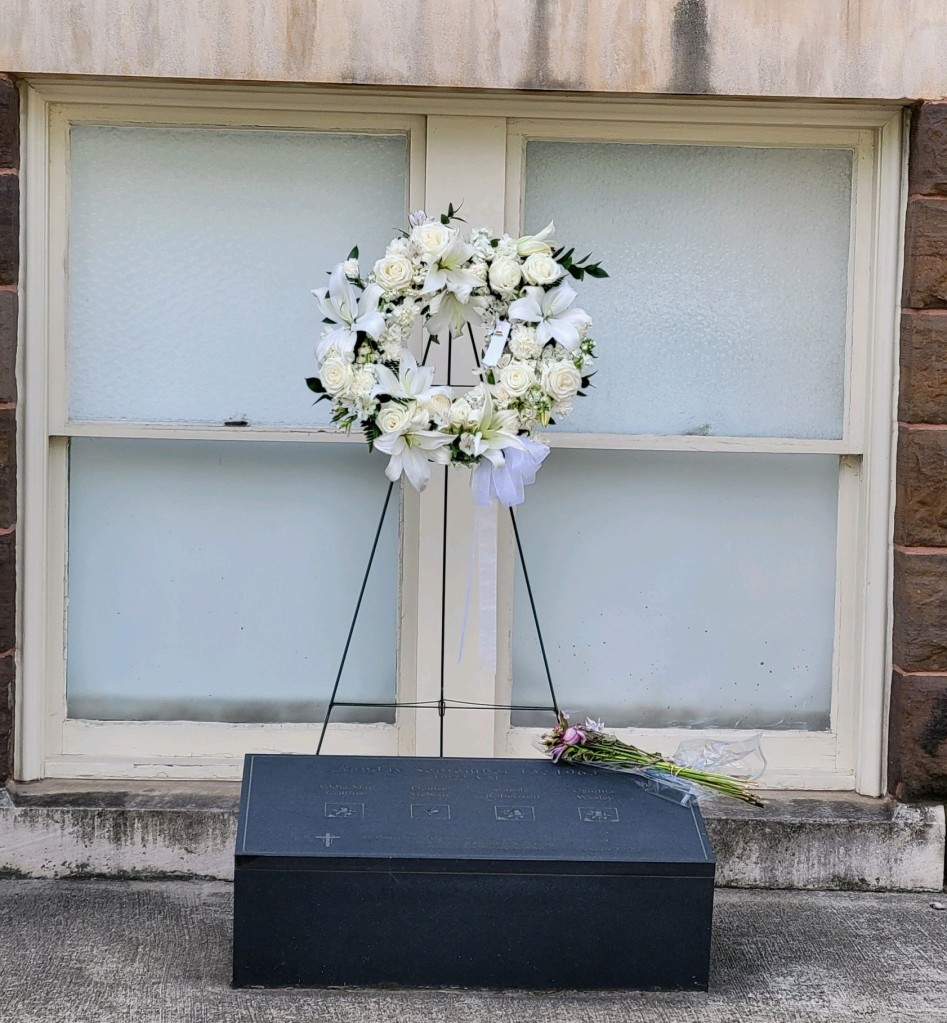By Mr. James Harris

One night we had to take our youngest son to the ER because he was complaining of stomach pains. He was only 3 years old so describing the depth of the pain, he could not do, all he could say was, “Mommy Daddy it hurt, and pointed to his stomach.”
We took him and began to examine him. The nurse said she needed to take some blood to see if it was something they needed to treat. I will never forget what happened next as the nurse pulled out the needle to draw blood from his little arm. Wanda said to me “I cannot watch this” and left the room. There I stood having to hold him down to allow them to take his blood. I will never forget the look in his eyes, as the tears began to fall. He could not understand how his father could allow someone to hurt him like that.
We think that our Heavenly Father has no feelings or understanding of the pain in our hearts or the things that we have to bear in our daily lives. I am not sure where that lie came from but it is a big lie from the pit of hell. Jesus sets the record straight in Matt. 6:26 (NIV) about how the Father cares for us.
“Look at the birds of the air; they do not sow or reap or store away in barns, and yet your heavenly Father feeds them. Are you not much more valuable than they?”
I love my sons but God loves them and you and I much more than we have the capacity to totally understand. Jesus, the son of God became the son of man, so we the sons of men could become sons of God. Our Father wanted His Family back.
Blessings, James Harris



